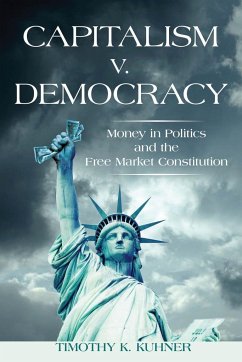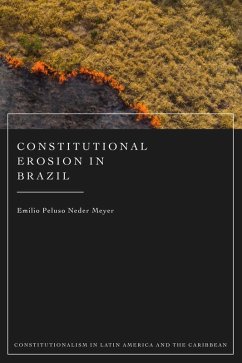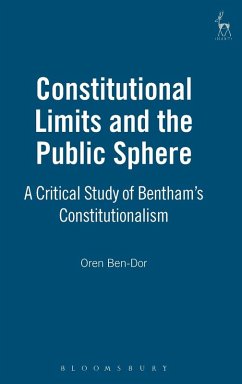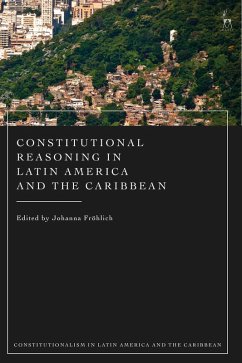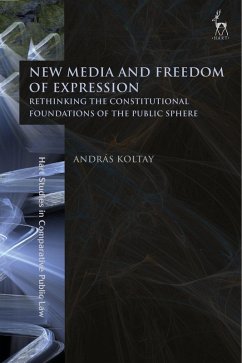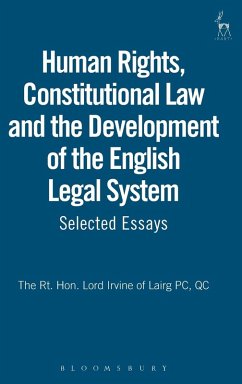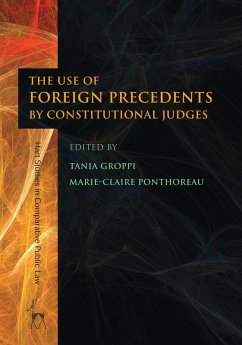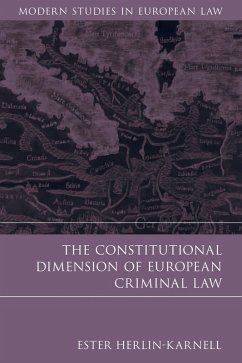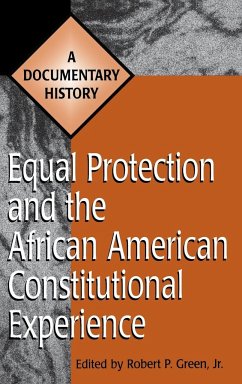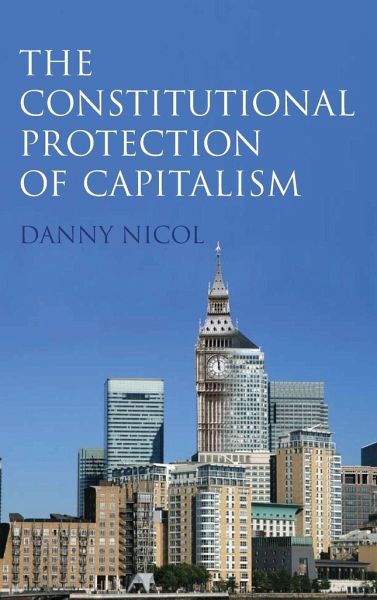
Constitutional Protection of Capitalism

PAYBACK Punkte
50 °P sammeln!
In 1945, the Labour government deployed Britain's national autonomy and parliamentary sovereignty to nationalize key industries and services - such as coal, rail, gas, and electricity - and to establish a publicly-owned National Health Service. This timely, controversial, and provocative book argues that constitutional constraints stemming from economic and legal globalization would now preclude such a program. First, it contends that while no state has ever, or could ever, possess complete freedom of action, nonetheless the rise of the transnational corporation means that national autonomy is...
In 1945, the Labour government deployed Britain's national autonomy and parliamentary sovereignty to nationalize key industries and services - such as coal, rail, gas, and electricity - and to establish a publicly-owned National Health Service. This timely, controversial, and provocative book argues that constitutional constraints stemming from economic and legal globalization would now preclude such a program. First, it contends that while no state has ever, or could ever, possess complete freedom of action, nonetheless the rise of the transnational corporation means that national autonomy is now severely restricted. Secondly, these economic constraints have been reinforced and legitimized by the creation on the part of world leaders of a globalized constitutional law of trade and competition. This has been brought into existence by the adoption of effective enforcement machinery, sometimes embedded within the nation states, sometimes formed at transnational level. With Britain enmeshed in supranational economic and legal structures from which it is difficult to extricate itself, the British polity no longer enjoys the range and freedom of policymaking once open to it. Transnational legal obligations constitute not just law but, in effect, a de facto supreme law entrenching an essentially neoliberal political settlement in which the freedom of the individual is identified with the freedom of the market. The book analyzes the key provisions of WTO, EU, and ECHR law, which provide constitutional protection for private enterprise. It dwells on the law of services liberalization, public monopolies, state aid, public procurement, and the fundamental right of property ownership, arguing that the new constitutional order compromises the traditional ideals of British democracy.




